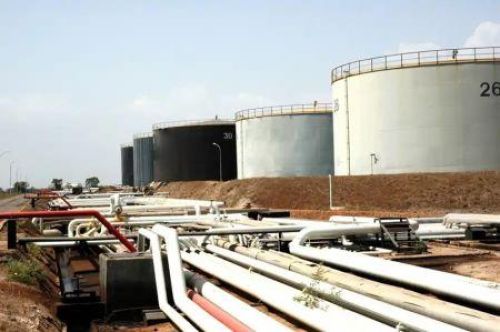
As Ghana readies the relaunch of its state-owned Tema Oil Refinery (TOR), shut down since 2021, a local think tank is urging the government to adopt a new business model to ensure long-term viability.
The Centre for Environmental Management and Sustainable Energy (CEMSE) on Oct. 24 proposed that TOR adopt a “tolling” system, where the refinery no longer buys crude oil directly. Instead, a private partner would supply and retain ownership of the crude, market the refined products, and pay TOR a fixed fee for its processing services.
CEMSE said discussions around this model are already underway with private industry players.
To illustrate its proposal, CEMSE cited a potential collaboration with Netoil Energy Limited, which would supply crude oil, manage product marketing, and pay TOR a fixed refining charge. The project, valued at about $214 million, is described as an example of a public-private partnership that could revive refinery operations without straining public finances.
“The tolling model provides a clear path to restarting TOR without exposing the state to additional debt,” CEMSE said in a statement.
Analysts argue that TOR’s financial troubles worsened after Ghana abandoned the tolling model for a vertically integrated approach where the refinery both purchased crude and sold refined products.
A report by the Africa Centre for Energy Policy (ACEP) found that this integrated model increased TOR’s exposure to market risks and operational losses. The Ministry of Energy and TOR’s financial statements show the refinery’s total debt reached $517 million by June 2025, while liabilities exceeded the value of its assets by 5.7 billion cedis (about $435 million).
In 2022, TOR reported a net loss of 1.6 billion cedis ($130 million), according to its consolidated accounts.
Despite the financial strain, TOR has remained partially active through its storage, terminal, and pipeline operations, generating limited revenue.
With 77% of Ghana’s petroleum products imported in the first half of 2024, according to the National Petroleum Authority (NPA), both the government and energy experts view the refinery’s restart as a strategic move to reduce import dependence and conserve foreign currency reserves.
CEMSE emphasized that a carefully managed revival—anchored on transparent contracts and financially credible partners—could restore TOR’s operational stability while easing pressure on state finances.
Source: Ecofinagency.com
